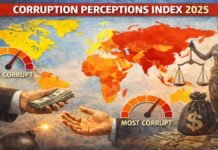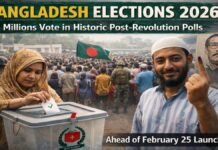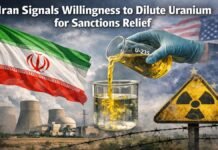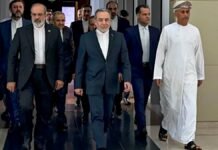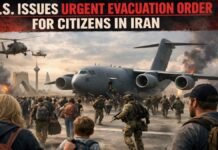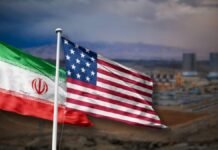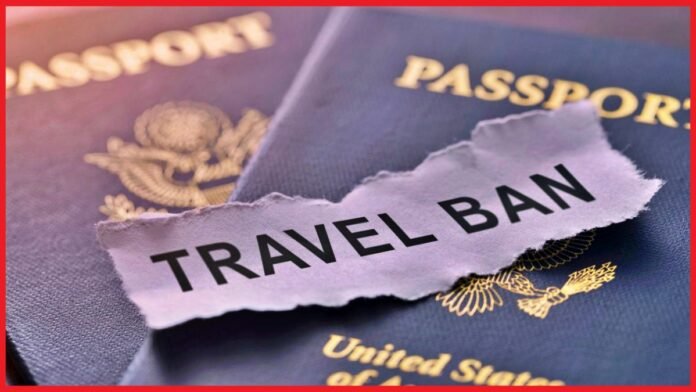
Key Points
- New U.S. travel ban targets 12 African and West Asian countries, effective from Monday, as immigration tensions rise.
- Violent protests erupt in Los Angeles against President Trump’s immigration policies.
- Additional restrictions imposed on citizens of seven more countries, including Venezuela and Cuba, for those without valid U.S. visas.
- Previously issued visas remain valid, but new applicants face strict criteria and likely rejections.
- Humanitarian groups and foreign governments condemn the move, calling it divisive and discriminatory.
Washington, D.C.: The United States has implemented a sweeping new travel ban targeting citizens from 12 African and West Asian countries, escalating tensions over President Donald Trump’s hardline immigration policies. The restrictions, which took effect Monday, have triggered violent protests in Los Angeles and condemnation from humanitarian organizations and foreign governments.
Details of the New Travel Ban
The new ban, signed by President Trump last Wednesday, affects citizens from the following countries:
- Afghanistan
- Myanmar
- Chad
- Republic of Congo
- Equatorial Guinea
- Eritrea
- Haiti
- Iran
- Libya
- Somalia
- Sudan
- Yemen
In addition, citizens from Burundi, Cuba, Laos, Sierra Leone, Togo, Turkmenistan, and Venezuela who are outside the U.S. and lack valid visas will face strict new conditions for entry. The U.S. State Department clarified that previously issued visas to individuals from these countries will not be revoked, but new visa applications will be subject to stringent criteria and are likely to be rejected unless applicants qualify for limited exemptions.
Protests and Political Fallout
The announcement has sparked violent demonstrations in Los Angeles and other cities, with protesters decrying what they see as discriminatory and divisive immigration policies. The issue of immigration has become a flashpoint in American politics, with President Trump’s enforcement operations and travel bans drawing both fierce support and opposition.
Legal and Humanitarian Response
Immigration experts note that this new ban is more carefully crafted than the earlier executive order from Trump’s first term, which faced multiple legal challenges for targeting predominantly Muslim countries. By focusing on the visa application process and setting detailed exemption criteria, the administration aims to withstand potential court challenges.
Humanitarian organizations have condemned the move. Abby Maxman, president of Oxfam America, criticized the policy as an attempt to “create social divisions in the name of national security and stigmatize communities seeking safety and opportunity in the United States.”
International Backlash
The Venezuelan government, led by President Nicolas Maduro, issued a strong statement condemning the ban, calling it a “campaign to discredit and criminalize Venezuelan citizens.” Other affected nations and advocacy groups have voiced similar objections, warning that the policy could worsen humanitarian crises and damage America’s global reputation.
What Happens Next?
As the new restrictions take effect, legal challenges and further protests are expected. The Trump administration maintains that the measures are necessary for national security, but critics argue they undermine America’s values and harm vulnerable populations.




